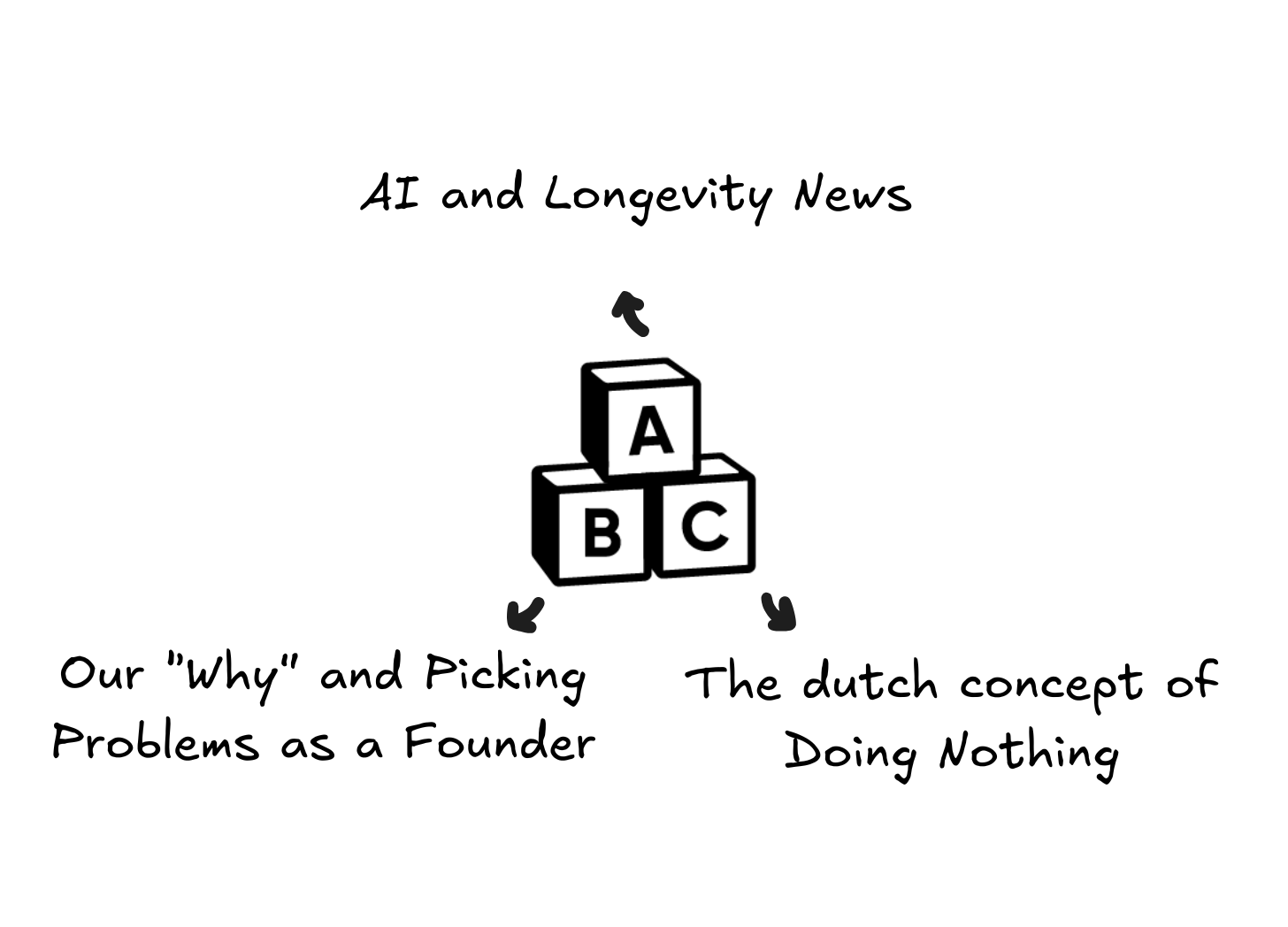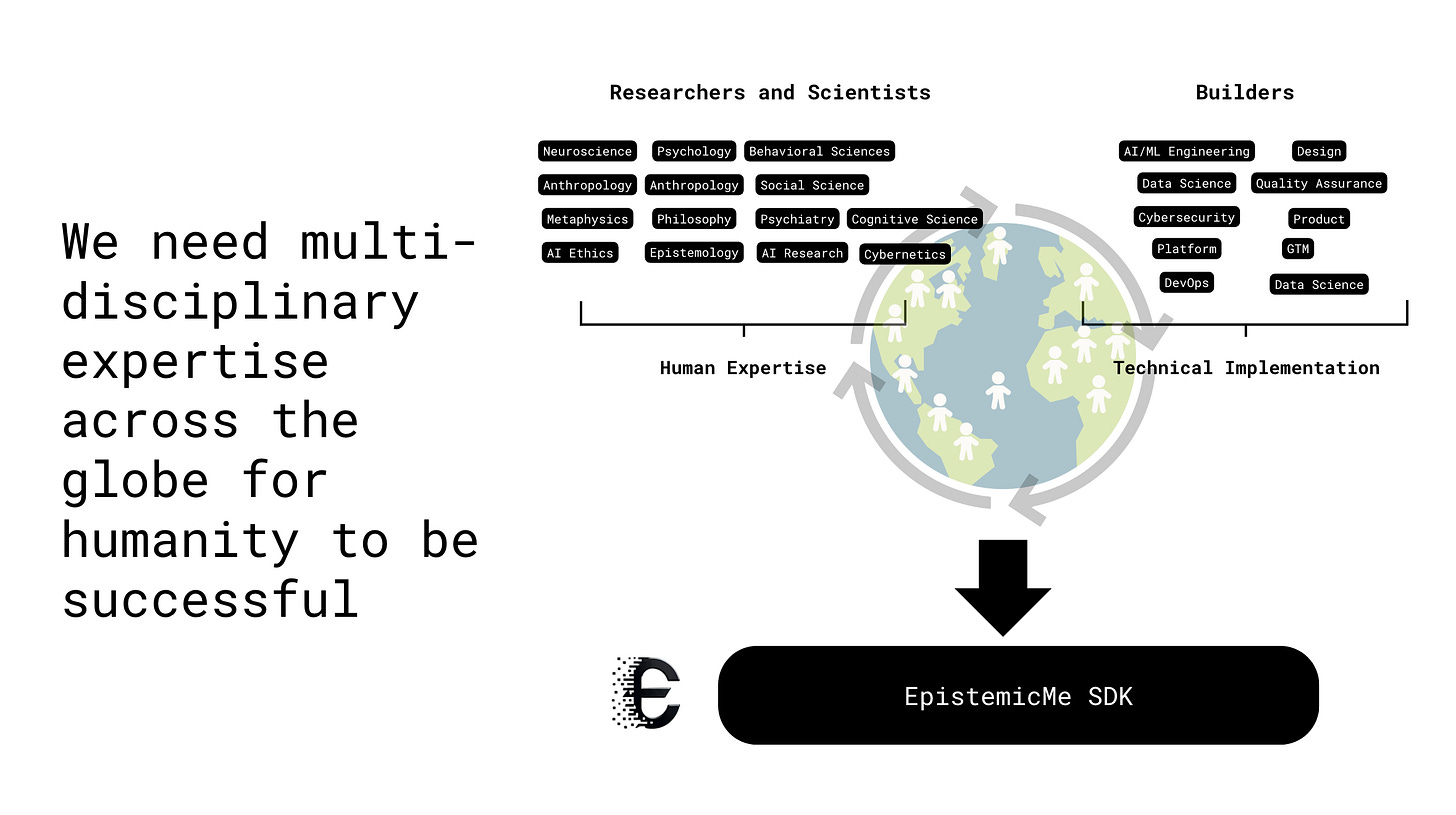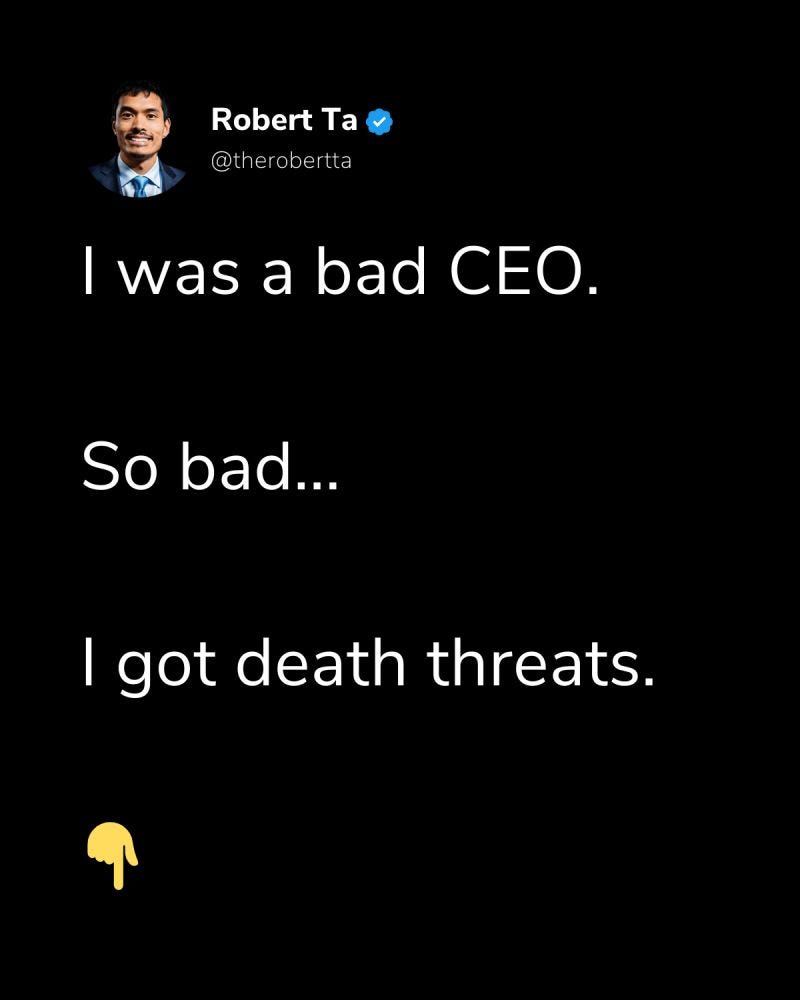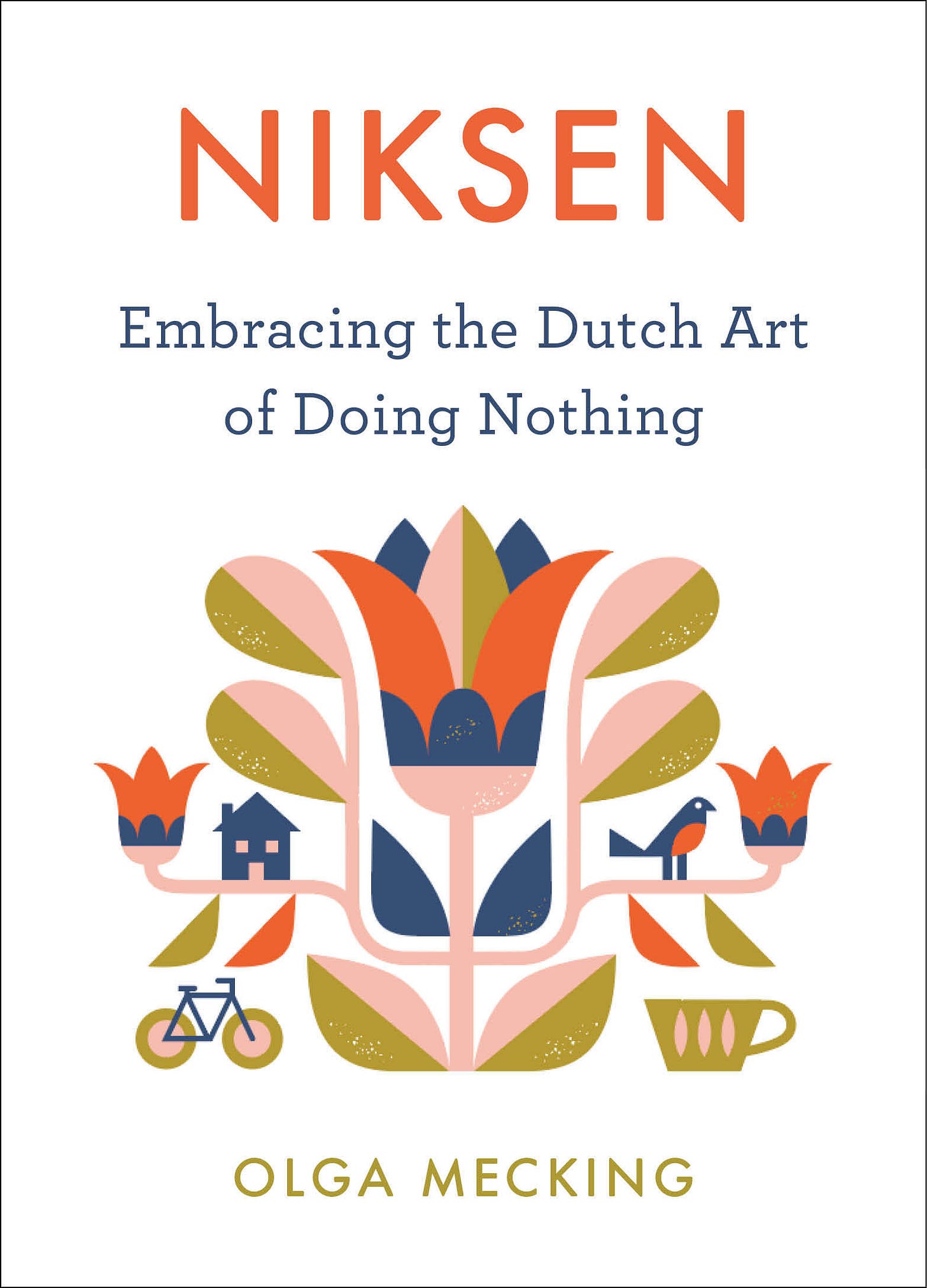🔤 7 Questions Every Founder Should Ask Themselves
And 1 question that led me to want to build a better future
Circa October 2005
"How was your day?"
That question, asked at my childhood friend Emilio's dinner table, shattered my understanding of what was "normal."
Growing up, my parents had one focus: "Make sure you get A's."
And if I got an A: “Where’s the A+?”
And if I got the A+: “Well your cousin goes to Stanford”
Me: “I’m 12, dad”
I was never really asked about my day.
Decades later, I reflect on how such a simple question really changed my beliefs and trajectory for connection.
Two Months Before
When I was in 8th grade, I was just a lost kid discovering myself with basketball.
One day after school, I was playing pickup with my friend Emilio Esquivel.
The games went late, and Emilio’s dad, Richard, came to pick him up. Richard offered me a ride home; at the time I had no idea that this ride would change my life.
We got to talking and Richard mentioned that I should join Emilio’s recreational basketball team.
Of course I wanted to, but I declined knowing that my parents would never take me to practices, games, or even pay the league entry fee.
When I mentioned this, Richard said something unexpected; he confidently told me he would convince my mom.
Doubtful, I thought to myself—he doesn’t know my parents like I do.
As it turned out, I clearly didn’t know Richard well enough.
He talked to my mom for an hour, convinced her to pay the entry fee, and promised that he would take me to every practice and every game—in or out of town.
From then on, Richard followed through with his promise.
Basketball led me to new friends, experiences, and a welcoming family.
Their family slowly became my model family, and these memories became my most cherished ones.
They taught me how a real family should be with little gestures such as simply asking me about my day and being happy for my accomplishments.
I learned what true support and compassion really meant, and understood just how obtuse my world view was from living in my family bubble.
I was lucky; it was a perfect combination of putting myself out there, taking the risk that I could be hurt, and meeting the right family who saw a kid needing help.
I look back, and feel so grateful for that chance encounter.
That moment of cultural shock—being asked about my day—became the first thread in what would eventually weave into this venture I’m launching, Epistemic Me.
We have an ambitious global open source project aimed to bridge the gap between human understanding and artificial intelligence.
That simple question, “How was your day?”, really changed my beliefs and worldviews.
So then the question becomes: what is the next best question for me, to evolve my own beliefs and worldviews?
What about for you? What about for every human on the planet?
That’s a very complex problem to unpack and solve, and it’s very identity and context dependent. It requires a multi-disciplinary approach.
It leads into another problem that I see on humanity’s horizon: “If we don’t fully understand ourselves, how can AI understand us?”
Hard problems.
That’s why we’re here, building a community that believes in building a better future together in the open.
If you’re a founder, entrepreneur, leader, researcher, scientist, or builder of the future—this newsletter is for you.
This is the first of an ongoing newsletter series I’m writing to document our journey, our entrepreneurial lessons learned, and the nitty gritty behind the scenes details of startup life.
We really believe in building in the open, for a better future.
What's Inside This Week:
ALIGN: Some latest industry trends around AI and longevity tech
BUILD: Our why and our journey so far with Epistemic me, and picking the right problem as a Founder
CULTURE: The Dutch concept of doing nothing tied to innovation
"One of the greatest spiritual teachings is the idea of no self, the idea that you are not a persistent being in the world."
—Deen Aariff
🤖 ALIGN:
🛠️ BUILD: Picking The Problem
"The only way to do great work is to love what you do. If you haven't found it yet, keep looking. Don't settle."
—Steve Jobs
For the past few months, my co-founders (Deen and Jonathan) and I have been meeting and discussing deeply the implications of humanity and AI in the future.
We believe there’s a lot of existential risk at play. And we want to do something about it, so we are.
We came up with a mission…
Our Mission:
To unite the world in evolving human and AI alignment through an open-source ecosystem.
In a safe, ethical, and inclusive way.
And we want to solve this with others around the globe as an open source project.
We're solving fascinating engineering challenges around representing fluid belief systems in static code structures.
How do you model something as dynamic as human beliefs in a way that's both philosophically accurate and computationally efficient? How do you go about measuring subjectivity?
That’s the problem we seek to solve.
In this first newsletter, I’m going to share with you some of my thoughts on “how to pick a problem” as a Founder.
This is my second time being a Founder (third if you count my private tutoring business days, to put myself through college).
The first time, I didn’t spend that much time picking.
It just kind of happened.
I look back and realized a key lesson:
startups are hard,
require a ton of your time and life energy,
and the thing that keeps the ship moving forward is you at the end of the day.
Takeaway: Your chance of success is directly a function of your own motivation behind the problem.
I should’ve spent WAY more time figuring out which problem I would really fall in love with, and want to spend 10+ years thinking about everyday.
Most super successful entrepreneurs I’ve met (100M+ exits) have given me this same advice.
If I did, I would’ve saved myself from a ton of death threats and personal harassment from my first venture.
"The most valuable businesses of coming decades will be built by entrepreneurs who seek to empower people rather than try to make them obsolete."
—Peter Thiel
Yes seriously.
I was a bad first time CEO.
So bad, I got death threats for over a year!
Literally:
1. Shotgun bullets sent to my house
2. People bought my family's information off the dark web.
3. Started harassing my loved ones trying to steal their personal information.
And so many more crazy stories.
I never thought I'd be factoring in death threats and personal harassment into my CAC calculations.
Crypto is something else 😂
We bootstrapped to 1.5M in revenue quickly. Mainly due to the creative genius of my co-founder, and the team's hard work.
We were in crypto gaming, trying to build the next Pokemon.
We thought our customers were gamers.
Turns out, our customers were just trying to go to the moon.
And when the market crashed, the death threats started rolling in.
Startup life is crazy. The highs were high.
We had great pre-seed VC offers. We had initial traction.
The lows were ABYSMALLY low...
Half a month after getting to ~1.5M, the crash happened.
All VC offers, GONE.
Days spent anxious and worried about the personal safety of my loved ones.
I made many mistakes, and gained many learnings:
1. Scaled the team too soon. Stay lean and nimble, as long as possible.
2. Made the wrong pivots. Went to mobile gaming, then realized my product skills don't matter there - marketing matters more. Distribution is so important.
3. Picked the wrong customer. Pick a customer that DOESN'T send you death threats.
I felt I had failed everyone on the team. I tried to overcompensate by working literally 100 hour weeks, for months on end.
I thought my resilience and drive to keep pushing, was a strength.
I never realized it could be a weakness.
My desire to NOT fail, and to push through, overcame my rational logic as an entrepreneur.
At a pivotal moment, a mentor of mine told me: "It's a marathon, not a race. You're sprinting in the desert right now."
In entrepreneurship, you are in the business of making the most money you can, per time spent.
I lost sight of that.
WTF was I doing working 100 hour weeks for a customer who wanted to destroy my life?
So, I was a bad CEO.
If I was successful, the business would still exist and my team would've made life changing money.
I've reflected on my mistakes.
I don't care about ego.
I don't care about being right.
I care about finding truth, and I care about improvement.
That’s another big reason why I want to build this next project out in the open, with a podcast and newsletter, to document EVERYTHING.
Why?
Because if I can help even one founder avoid mistakes, then it’s worth it.
"I have not failed. I've just found 10,000 ways that won't work."
—Thomas Edison
I look back and realized I picked the wrong problem, and I didn’t understand my customer.
So now for Epistemic Me, I thought for over a year about the problem I wanted to solve. I met up with many people who wanted to build something together.
And I chose this problem very intentionally.
How did I think about the decision making?
There are many resources out there for this.
One of my favorites, are a set of 7 questions from Peter Thiel’s Zero To One book.
A must read for any entrepreneur.
The 7 Questions Every Founder Should Ask Themselves
![Zero to One: Notes on Startups, Or How to Build the Future [Book] Zero to One: Notes on Startups, Or How to Build the Future [Book]](https://substackcdn.com/image/fetch/$s_!lohR!,w_1456,c_limit,f_auto,q_auto:good,fl_progressive:steep/https%3A%2F%2Fsubstack-post-media.s3.amazonaws.com%2Fpublic%2Fimages%2F051cb4d5-6b11-424d-942f-ad4d830b91ed_800x1200.jpeg)
The engineering question: can we create breakthrough technology instead of incremental improvements?
The timing question: is now the right time to start your particular business?
The Monopoly question: are you starting with a big share of a small market?
The people question: do you have the right team?
The distribution question: do you have a way to not just create but deliver your product?
The durability question: will your market position be defensible 10 and 20 years into the future? How?
The secret question: have you identified a unique opportunity that others don't see?
In our third podcast episode, we dive into our answers for some of these critical questions every founder should think through.
I don’t want to give everything away up front—you’ll have to subscribe and find out. (:
Check out the pod here:
One last update—-I know this newsletter is out late. Part of building in the open is making mistakes like this, and admitting them to figure out what went wrong.
Ran into some tooling problems and a shift in technical direction of the SDK so there was some delay. Did a post mortem. I’ll share my process and learnings in the next email to help anyone out there working through similar challenges.
✌🏼 Culture: The Dutch Concept of Doing Nothing
Niksen is the dutch lifestyle concept of doing nothing.
A colleague shared with me this concept.
While I've branded this my "Kobe year" of relentless hustle (nights and weekends building this dream), I've learned in life that the best thoughts come from my walks or after I sit down for meditation.
Weirdly enough, one of the best ideas I’ve had (for which I have a patent for, shared with other awesome teammates) came from laying on my couch and just staring at the ceiling about 6 years ago.
That idea eventually ended up being a product analytics framework that helped Workday, where I led product architecture at the time, strategically improve their cross-sell/up-sell conversions.
We grew from $2B to $4B+ the next few years.
Staring at the ceiling led to that?!
I’ve learned that sometimes giving ourselves permission to simply exist without purpose, can lead to the best thoughts.
My challenge to you this week: schedule 15 minutes of Niksen—no phone, no goals, just you and your wandering mind—and watch what emerges from the void.
Sometimes our greatest breakthroughs happen when we chill out.
👀 Building In The Open - What You Can Expect Going Forward
Each week on Mondays at 8:30 AM PST from now, you'll receive one ABC (Align, Build, Culture) for Building The Future.
We’ll center with our own stories from building the future on the frontlines.
Align: a few curated links and resources of recent topics around AI, health, longevity, business and product frameworks, cool tools, and general stuff I find interesting.
Build: behind the scenes startup life, product updates and releases, and the ups and downs of bootstrapping an open source project. These will be generally summaries from the podcast, or intersecting and related topics covered from there where I explore more in writing.
Culture: one interesting cultural insight or fact from another part of the globe, to expand your mind and build community around the world.
I’ll aim for radical transparency and candor—if you have particular topics and questions you want me to cover about our journey, please share!
I read every email you send (:
The one thing I’ve learned being a founder is that you can’t possibly know everything. I don’t. I try to be a learning sponge.
So I want to attract others who feel the same, to grow together, share knowledge, and succeed.
Let’s get after it.
💪🏼 How You Can Help
What's Next?
We're building something unprecedented: kind of an operating system for human understanding and beliefs.
If you're an engineer or builder who's ever felt the gap between technical capability and philosophical aspiration, we're building this for you.
We’re currently in private beta, sign up here if you are interested in contributing to the SDK or building products on top of it: https://epistemicme.ai/
Open sourcing hopefully in ~one week! Stay tuned!
EM acts as a personalization layer that allows you to understand your users better. We have built a model and set of interfaces from first principles thinking in philosophy and epistemology to accurately map human belief systems.
What can that do for you?
→ Perhaps increase sales conversions.
→ Perhaps optimize copywriting in your automation funnels, depending on the user.
→ Perhaps helping researchers and scientists better quantify subjectivity in their experiments, for better science.
And… if you are looking for the “next best question” to evolve your beliefs, it could help you too.
In a few weeks we are going to rapidly get the structure to ship new features constantly, with new releases tied to this newsletter and our podcast.
Check out our first podcast on YouTube or Substack for a heavier deep dive into our “Why”.
Liked this article?
💚 Click the like button.
Feedback or addition?
💬 Add a comment.
Know someone that would find this helpful?
🔁 Share this post.
P.S. If you haven’t already checked out my other newsletter, ABCs for Growth—that’s where I have personal reflections on personal growth related to applied emotional intelligence, leadership and influence concepts, etc.
P.S.S. Want reminders on entrepreneurship, growth, leadership, empathy, and product?
Follow me on..







I love how the "secret question" can be applied to creator businesses too. Zero to One has been on my shelf for YEARS - I take this as a reminder to finally read it. 😅